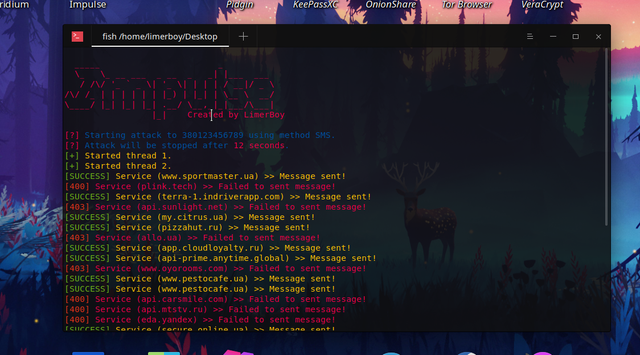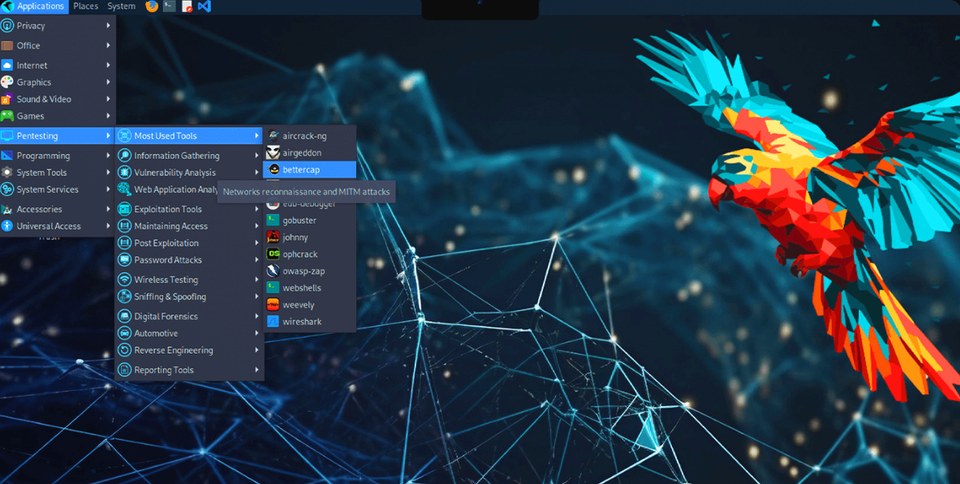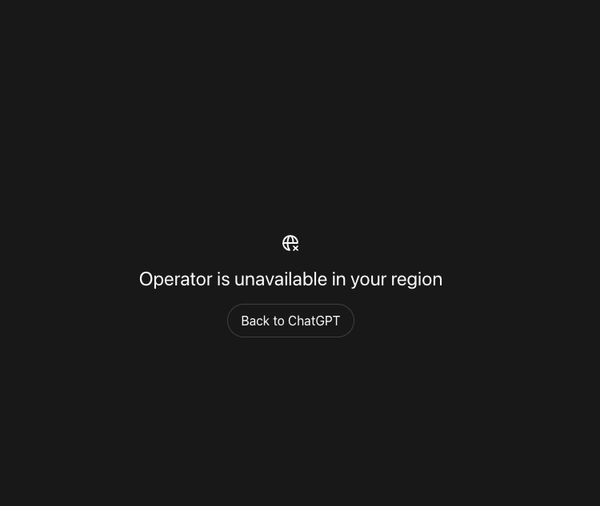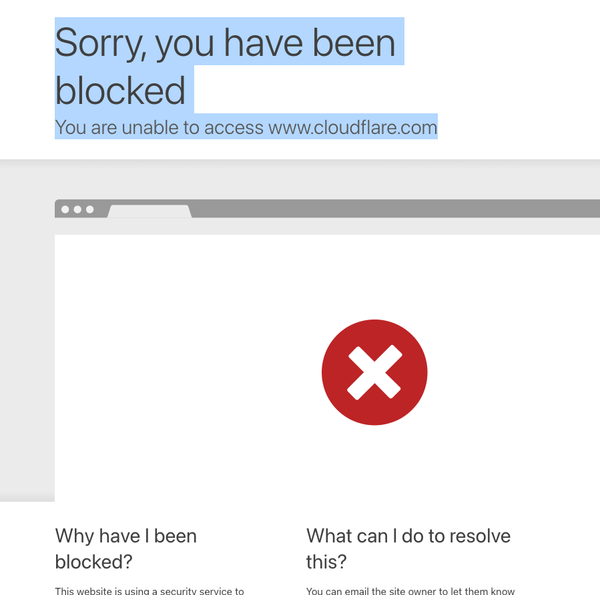Why I Recommend ParrotOS Over Kali Linux: A Personal Take
Table of Content
As a blogger who’s always diving deep into tech and cybersecurity, I’ve spent quite a bit of time experimenting with both ParrotOS and Kali Linux. These two giants in the penetration testing world are often compared, but after using both, I’ve come to firmly believe that ParrotOS has a clear edge.
Let me share why ParrotOS has won me over—and why I think it might just be the better choice for you too.
1. Runs Smoother, Even on Older Machines
One thing I immediately noticed when I first switched to ParrotOS was how light and fast it felt. If you’re like me and sometimes work on older or less powerful hardware, ParrotSec is a lifesaver.
It doesn’t hog resources, which means you can run all the pentesting tools you need without feeling like your system is dragging.
In comparison, Kali can be a bit heavy at times, slowing down performance when you're running multiple tasks or big scans.

2. Built-in Privacy Tools: AnonSurf and More
Let’s talk about privacy—because who doesn't care about keeping their activities under wraps? ParrotOS makes this super easy with AnonSurf, which routes all your traffic through the Tor network straight out of the box.
That means you’re browsing and testing anonymously without having to install anything extra.
Plus, Parrot comes with tools like MAT (to scrub metadata from your files) and BleachBit (for cleaning up traces), which make sure you leave no breadcrumbs behind.
Kali? It’s great for hacking, but privacy takes a little more effort to set up, configure and getting ready for the wild.

3. More Than Just a Hacking OS
Here’s another reason I prefer ParrotOS: It’s not just about hacking. Yes, it’s packed with the tools you need for penetration testing and ethical hacking, but it’s also a fantastic general-purpose OS.
I’ve used it in my daily life as for development, browsing, and even routine work tasks, thanks to its clean and user-friendly MATE desktop environment.
Kali, on the other hand, feels more niche—perfect for pentesting, but not as flexible when you want to do something else.
4. Regular Updates and Versatile Hardware Support
I’ve also found that ParrotSec OS keeps things fresh with frequent updates, so you’re always getting the latest features and security patches.
It also works on a variety of hardware, including ARM devices, which gives you even more flexibility. While Kali does this too, I personally feel that Parrot’s updates come through faster and more consistently.
Why You Should Switch to ParrotOS?
At the end of the day, both ParrotOS and Kali Linux are fantastic tools for cybersecurity, but if you’re looking for something that’s lightweight, privacy-focused, and versatile enough for everyday use,
I highly recommend ParrotOS. Whether you're an ethical hacker or just someone who wants a solid, privacy-first OS, ParrotSec won’t let you down. Give it a try—you might just end up loving it as much as I do!












